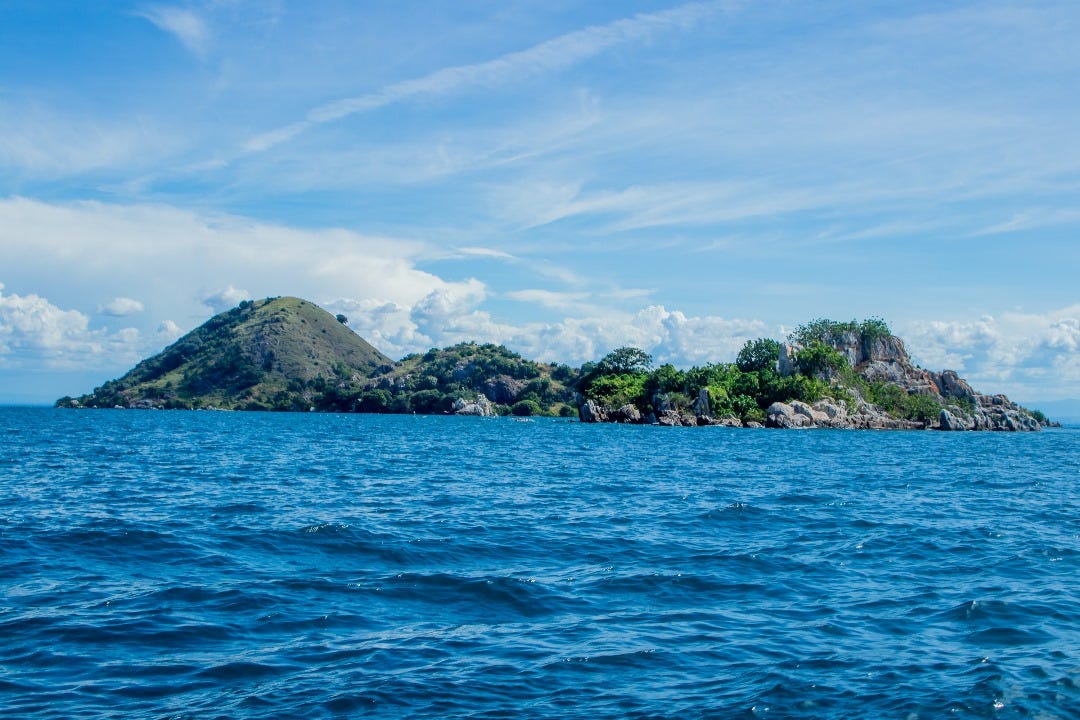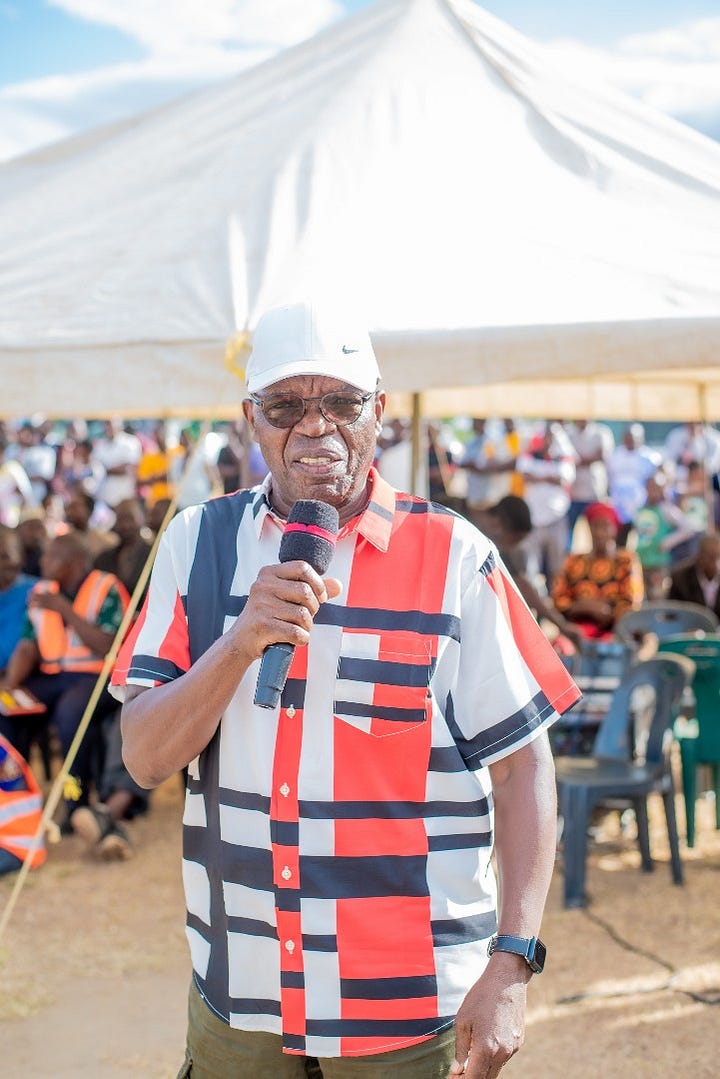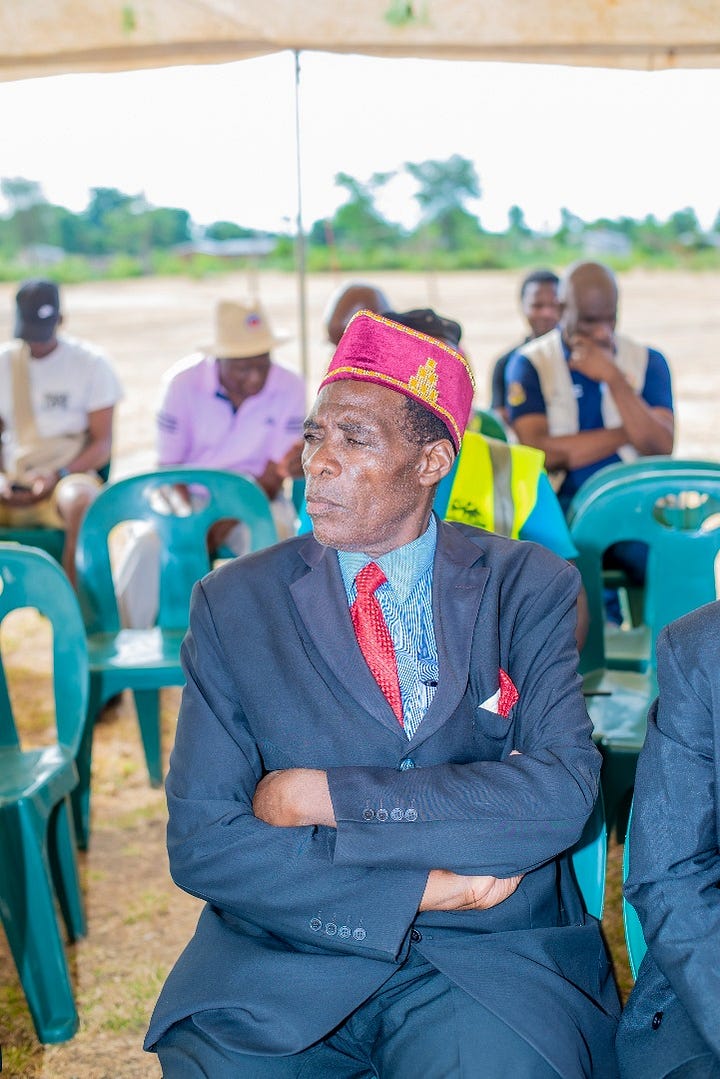ISLAND UNITY - Chiefs unite around fishing island on Lake Malawi in conservation
Embracing Excellence: Mbenje Island's sustainable fisheries management model recognized for indigenous wisdom, as shoreline chiefs learn how successful local implementation is done.

SALIMA, Malawi (Planet Defence) - Chiefs in the Lakeshore districts of Mangochi, Nkhotakota, Rumphi, Nkhatabay, Karonga, and Likoma report acquiring new skills in unique management practices from Mbenje Fishing Island writes Owen Nyaka.
Located in the Salima district, Mbenje Fishing Island reopened for the 2024 fishing season. Prior to the official opening event, National Fisheries champions, led by Dr. Ken Lipenga, visited the island to acknowledge the community-led conservation efforts.
Dr. Lipenga remarked, "We've been inspired by the intricate traditional beliefs held dearly by the islanders, as well as the strict enforcement of community by-laws and the use of legally acceptable fishing gear. The sacred island, under the authority of Traditional Authority Makanjira, offers valuable lessons on what practices to avoid as fish catches decline."
As a former cabinet minister, Lipenga urged local leaders nationwide to emulate this example and advocate for a bottom-up approach to safeguarding fisheries on Lake Malawi. "Chiefs from Phalombe and Mulanje can also learn to protect rivers, mountains, and the entire environment in their regions," he emphasized.
During the reopening ceremony, Senior Chief Makanjira, a prominent advocate for Mbenje's conservation efforts, explained that the four-month closure allows fish to breed while enabling people to focus on farming activities.
Annually, the island closes in December to facilitate fish spawning and the growth of young fingerlings. Villagers use funds from fish sales to purchase fertilizer, and after harvesting crops in April, the island reopens for fishing until the next winter season.
Senior Chief Makanjira commended the United States Agency for International Development (USAID) and Pact Malawi for their support through the "Restoring Fisheries for Sustainable Livelihoods in Lake Malawi" (REFRESH) initiative. This collaboration aids in conserving the freshwater biodiversity of Lake Malawi by restoring natural fisheries productivity.
Senior Chief Makanjira highlighted the importance of preservation of traditional beliefs in promoting sustainable fishing practices on Mbenje Island.


"Traditional customs are highly valued here, as it's where early chiefs are buried. The graves are meticulously tended to in honor of departed souls believed to be the providers of abundant fish species in the lake," he explained.
Lake Malawi, Africa’s third-largest freshwater lake, hosts over 700 fish species, but declining fish catches persist as the fisherfolk population grows. Mbenje Island attracts fishermen from as far as Likoma and Chizumulu Island annually.
Group Village Head Kachere of Likoma Island expressed his intention to implement lessons learned from Mbenje to address overfishing challenges on Likoma Island.
With a population surge from 15,000 to an estimated 25,000 to 30,000, overfishing has become a pressing issue. Additionally, Mbenje strictly prohibits fishing activity on and near the island during closed periods, turning it into a valuable model for fishing communities.
GVH Mpiringidzo, who led the entourage to the spiritual sacrifice venue after the opening ceremony, emphasized the importance of involving youth in conservation efforts.
He stated, "We involve young people in patrolling fishing grounds and other beach village conservation committees’ activities because the lake belongs to them and their children." Mpiringidzo stressed the need for embracing ecosystem-based fisheries management to sustain abundant fish resources and ensure sustainable catches for the growing fisherfolk community.
